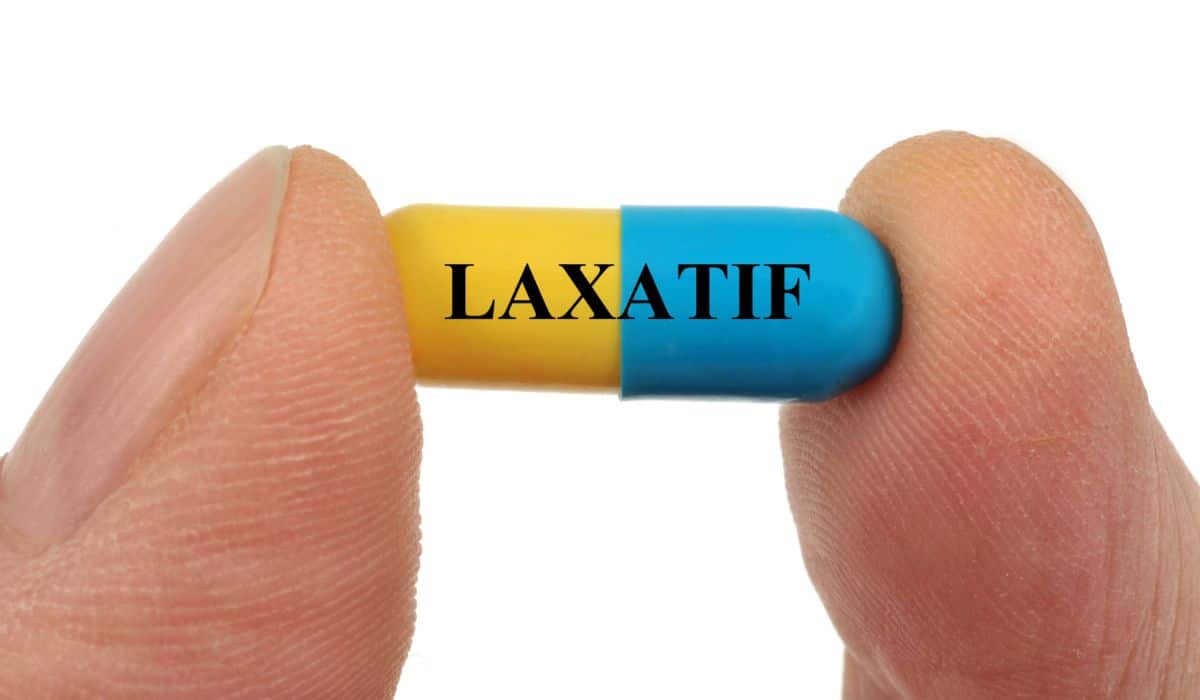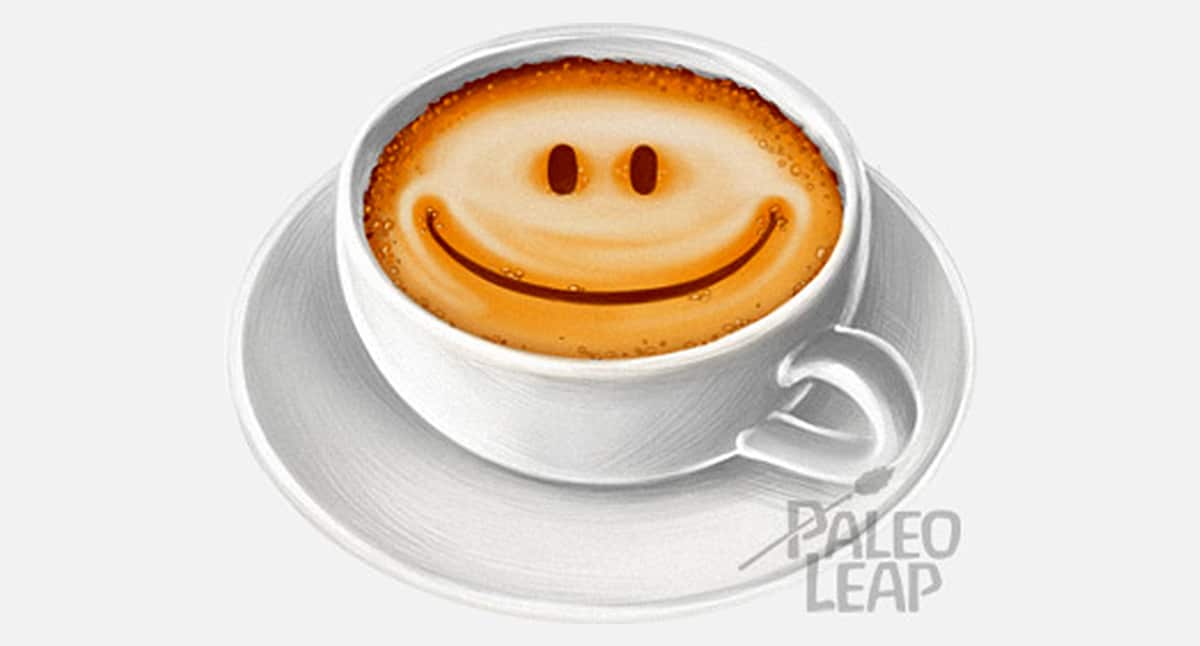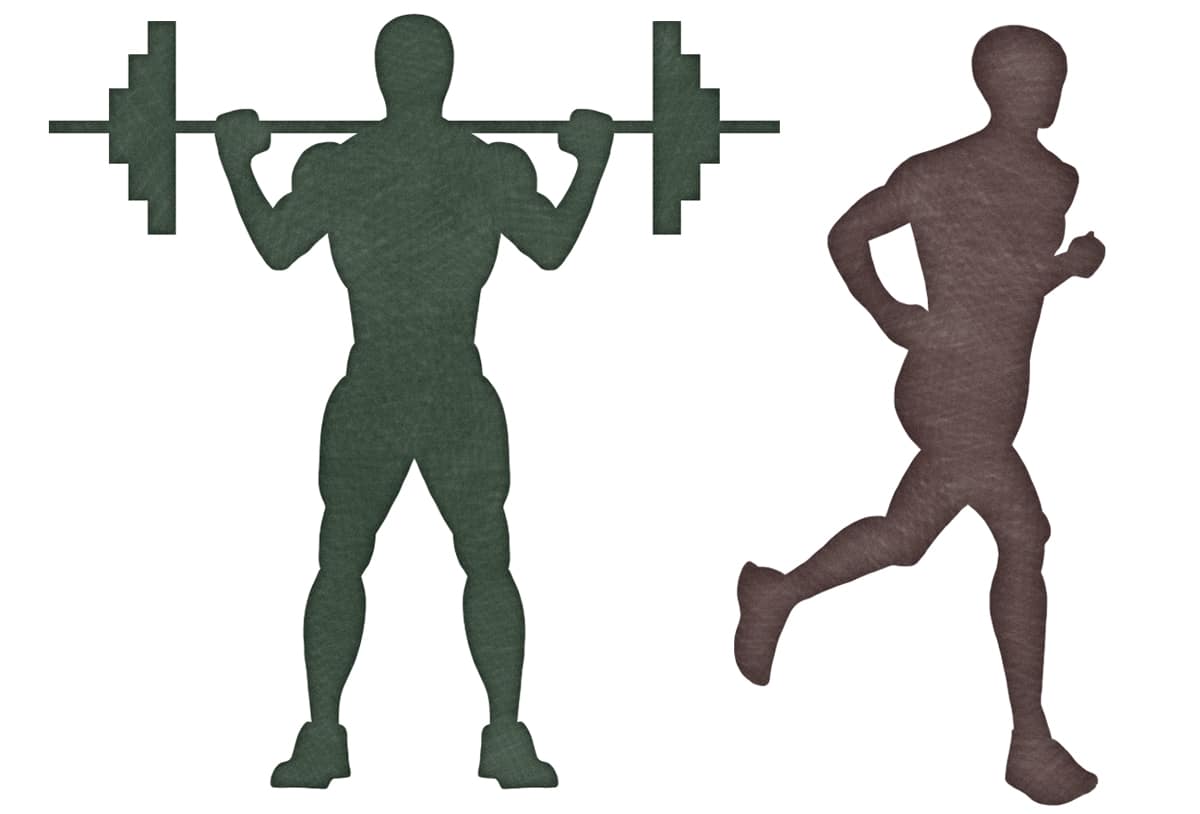
For a lot of people, the hardest part about transitioning to Paleo is the gastrointestinal side effects. Some people get GI pain or diarrhea, but a lot of people experience constipation and bloating. The traditional answer to constipation is laxatives, but relying on laxatives isn't the best idea if you can avoid it. Stimulants like senna can be really hard on the gastrointestinal tract and regular laxative use can actually cause rebound constipation (where your body gets dependent on the laxative and can't have a bowel movement unless you take one).
We've covered big-picture dietary fixes for constipation before - these are long-term things like looking into FODMAP sensitivity and addressing blood sugar issues that can damage the gastrointestinal tract. In terms of individual nutrients, we've already paid a lot of attention to fiber, which is the first thing anyone ever thinks of. Fiber can be a blessing or a curse for treating constipation, and you can get the whole complicated story here. There's also a significant amount of evidence that probiotics can help with constipation, which you can read about here.
Those are the biggies. If you're new to dietary fixes for constipation, the links in the above paragraph should be the first place you look. But what about things that aren't fiber? Surely there must be other tricks to try!
Here's a look at 5 non-fiber-related interventions (foods and other strategies) that are often recommended for constipation. There are a lot of old wives' tales about what to eat for constipation, so we're going through each one and looking at the actual scientific evidence for and against it. Each intervention is graded as "Probably Unhelpful," "Maybe Helpful," or "Probably Helpful," depending on how strong the evidence for it is.
Coffee: Maybe Helpful

Everyone knows that coffee gets you moving, right?
Well, "everyone" might know it, but if you actually look up studies, they're surprisingly thin on the ground.
This study found that coffee did increase rectal tone (the muscle tone in the rectum), but not significantly more than warm water. Then again, it was only in 8 subjects. On the other hand, this study found that both regular and decaf coffee, but not hot water, increased colon motility in people without any bowel problems.
And if you need a chuckle, there's this one. The authors used a Pavlovian conditioning process where they had 8 chronically constipated women drink coffee and read the newspaper while they took a suppository and a laxative. The women started associating coffee/newspaper time with needing to use the bathroom. After a few weeks, they had so strongly associated coffee and newspaper reading with needing to defecate that just the coffee and the newspaper could do the trick alone. A year later, it still worked in 7 of the 8 women!
There just haven't been a lot of actual scientific studies testing the idea that if you drink coffee (without going through Pavlovian conditioning for a few weeks), it will make you have a bowel movement. Lots of people anecdotally find it to be true, so it's probably worth a try. And the nice thing about it is that, in the studies where it works, it works fast. Coffee is the only one of these home remedies that can really match commercial laxatives for speed of effect.
Warm Liquids: Probably Unhelpful
One theory about coffee is that it's not anything specific to coffee that causes the constipation relief; it's just drinking warm liquid that helps. But there's not much scientific evidence that the temperature of the liquid actually helps.
This study tested people with coffee at 3 different temperatures and also a liquid meal at 3 different temperatures. The study found that steaming hot coffee didn't affect gastric function any differently than room-temperature coffee. The same was true for a liquid meal (with actual calories, unlike the coffee). That suggests that the temperature of a drink probably doesn't have a huge effect on digestion or constipation.
On the other hand, this study did find that drinking cold water increased hypersensitivity in patients with Irritable Bowel Syndrome and made constipation problems worse in patients with the constipation subtype. So it's possible that cold water might hurt, even if warm water doesn't help. In that case, replacing cold water with warm water could be helpful. On the other hand, this was only one pretty small study and it's only really applicable to IBS patients, so take it with a grain of salt.
Exercise: Maybe Helpful

A lot of doctors will tell you to exercise to prevent constipation, but the evidence is more mixed than you might think.
This study found that an exercise intervention failed to improve constipation symptoms. This study found that constipation was not associated with more or less exercise. If exercise reduced constipation, you'd expect to see that people who exercised more had less constipation, but that wasn't the case.
On the other hand, this more recent study did find that 30 minutes of brisk walking every day reduced constipation in 43 middle-aged men and women. And this study found that exercise was specifically helpful for patients with constipation-predominant IBS.
In other words, it's not totally clear whether exercise does help with constipation, or whether it has to be a certain type or intensity of exercise, or whether some people benefit more than others.
Hot Compresses: Probably Helpful
This is one you might not have heard of if you live in the US, but it's apparently quite common in Japan, and there's a decent amount of evidence to show that it helps - basically because it physically counteracts the effects of stress. Stress is one of the most common causes of digestive system pain, and it can really bind things up. Of course, some poor unfortunate souls get stress-induced diarrhea instead, but plenty of people get stress-induced constipation.
It makes evolutionary sense to suppress defecation when you're stressed. Remember that your body still "sees" every stress as an immediate threat to your life, because that's what you evolved with. If you're fighting for your life, you don't want to suddenly have to deal with a bowel movement distracting you. You want your body to hold off on the urge to defecate until you're safe and nothing is going to seize its opportunity to make you into lunch.

It's perfectly logical that the human stress response would suppress defecation, but it's really inconvenient in the modern world where stress is more likely to be chronic and stress-induced constipation can really wreck your week.
So what does heat have to do with that? This study is free to read if you want to go into it and goes over how heating pads can help counteract stress and give your digestive system the signal that it's safe to defecate. Heat applied to the lower back helps relax the muscles and increases blood flow. This activates the parasympathetic nervous system, usually summed up as the "rest and digest" part of your nervous system. The parasympathetic nervous system is activated when you're resting, relaxed, enjoying good sex, digesting a meal, or defecating. So basically, the heating pad is a physical signal to your body to relax and unclench.
In a few different studies, heating pads on the lower back have reduced the severity of constipation. The study linked above was one of them, in healthy women. It also cites and describes a few other studies on elderly people in nursing homes. It's not terribly common in the US, but it's gentle and worth a try.
Abdominal Massage: Probably Helpful
Just like heat, massage increases blood flow to the massaged area and relieves stress. Massaging the abdomen in particular can also stimulate the muscles of the colon and induce the contractions that push feces through the digestive tract.
Several different studies, like this one and this one have found that abdominal massage helps patients with constipation. It's been tested a lot in elderly patients in nursing homes, because those patients are particularly vulnerable to constipation. At any rate, it's not unpleasant even if it doesn't relieve your constipation, you'll still get a massage out of it, which is more than you can say for senna laxatives!
What's your favorite non-fiber home remedy for constipation? Let us know on Facebook or Twitter.





Leave a Reply